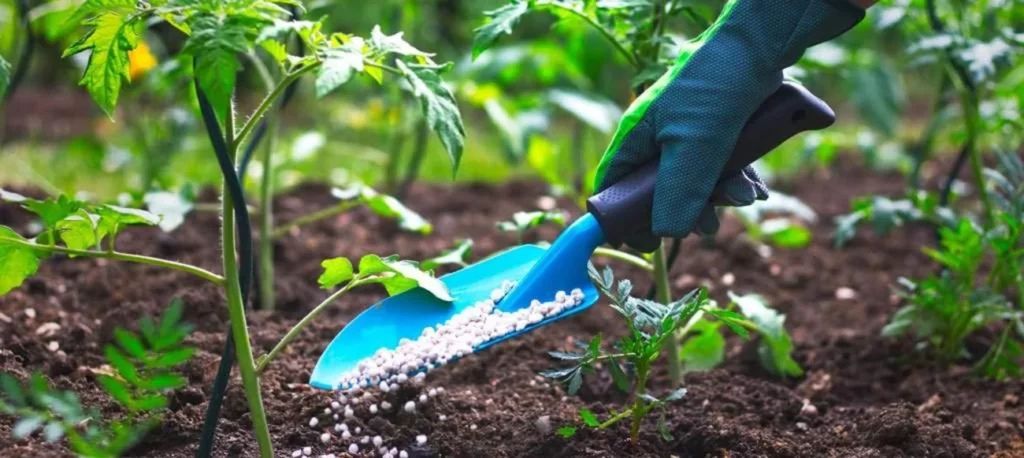The African Development Bank’s AFFM secures funding to strengthen fertilizer sector and support smallholder farmers in Africa.
The Board of Directors of the African Development Bank has approved a budgetary allocation of USD 11.7 million to the African Fertilizer Financing Mechanism (AFFM) for its 2023 operations. This investment aims to bolster the fertilizer sector, improve policy reforms, and facilitate access to inputs and technical assistance for smallholder farmers, contributing to agricultural productivity and food security in Africa.
Strengthening the fertilizer sector through access to finance
AFFM’s 2023 program of activities, validated by the Board of Directors, emphasizes strengthening the fertilizer sector through improved access to finance. This initiative aims to support sustainable policy reforms that enhance fertilizer production, trade, and utilization. By providing financial resources, AFFM enables the development of a robust and self-sufficient fertilizer industry, ensuring a steady supply of essential nutrients for agricultural productivity.
Supporting smallholder farmers with credit guarantee projects
To empower smallholder farmers, AFFM plans to implement three commercial credit guarantee projects, totaling USD 8.3 million, in Zimbabwe (USD 4.3 million), Côte d’Ivoire (USD 2 million), and Ghana (USD 2 million). These projects will facilitate access to credit for farmers, enabling them to invest in inputs and extension services that promote proper fertilizer usage, increase agricultural productivity, and improve soil conditions. Additionally, AFFM aims to launch trade credit guarantee schemes, totaling USD 9.7 million, in Tanzania, Uganda, Mozambique, and Kenya, pending the United States Agency for International Development’s commitment of USD 15 million.
Supporting African emergency food production and national agriculture initiatives
The approved projects align with the second pillar of the African Development Bank’s African Emergency Food Production, launched to address the food crisis triggered by Russia’s invasion of Ukraine. AFFM’s efforts contribute to avert further food crises by actively collaborating with African countries and stakeholders to develop national food and agriculture pacts. These pacts were presented by African leaders at the Feed Africa Summit in Dakar, January 2023, with the goal of enhancing food security and agricultural development across the continent.
Collaboration for fertilizer production and policy improvements
AFFM remains committed to improving fertilizer production, trade, and use in Africa. Through partnerships with the International Fertiliser Development Centre (IFDC) and the Alliance for a Green Revolution in Africa (AGRA), AFFM aims to enhance these crucial aspects of the agricultural sector. Furthermore, AFFM will conduct an in-depth analysis of fertilizer policies in at least ten African countries, mapping the current landscape, identifying gaps, and preparing action plans. These efforts aim to support policy orientations that address the identified shortcomings and promote sustainable fertilizer practices.
Improving agricultural productivity for food security
As a special fund established by the African Union in Abuja in 2006, AFFM is dedicated to improving agricultural productivity and achieving the target of 50 kg of nutrients per hectare in Africa. Hosted and managed by the African Development Bank, AFFM plays a vital role in addressing food crises and various threats to food security, including the impact of Russia’s war in Ukraine, climate change, conflicts, locust infestation, and diseases.
The African Development Bank Group recently signed a risk participation partnership with Natixis to facilitate SMEs’ involvement in international trade.
